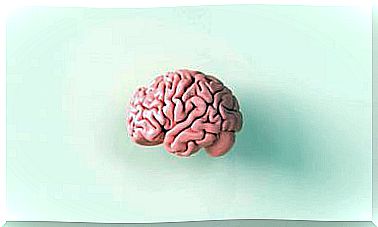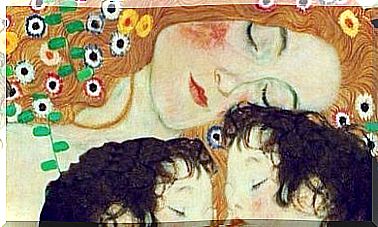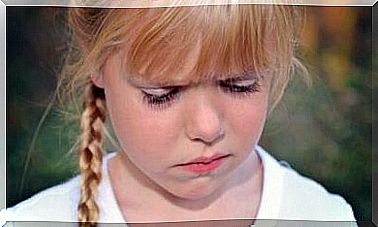The Bullying Child May Tomorrow Be A Narcissistic Adult Without Empathy
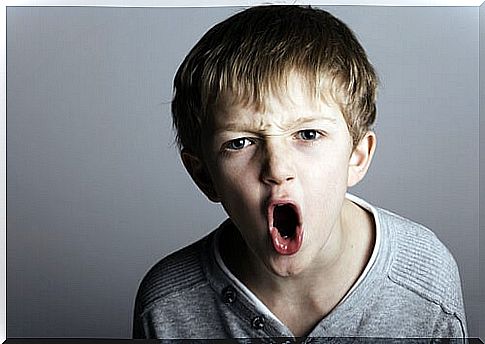
The bullying child, who is not set limits or educated in respect and empathy, can become a narcissistic and Machiavellian adult tomorrow. Furthermore, those boys and girls who bully in schools will continue to use bullying in the future to gain power and boost their self-esteem. We are facing a social reality with a greater impact than we think.
Often, we use to comment with great success that bullying is a monster with a child’s face. However, something that we do not always take into account is the imprint that this type of harmful behavior can have after a few decades. We know that life is not easy for any victim of bullying. These experiences leave an indelible mark that, in many cases, turns into trauma.
The social drama is immense. Now, what happens to the bullying child tomorrow? What about that teenager so skilled in physical, psychological, verbal and even cyberbullying? The high school bully, that boy or that girl to whom no one set limits in his day, can lead in the not too distant future into a very harmful personality type in any setting.
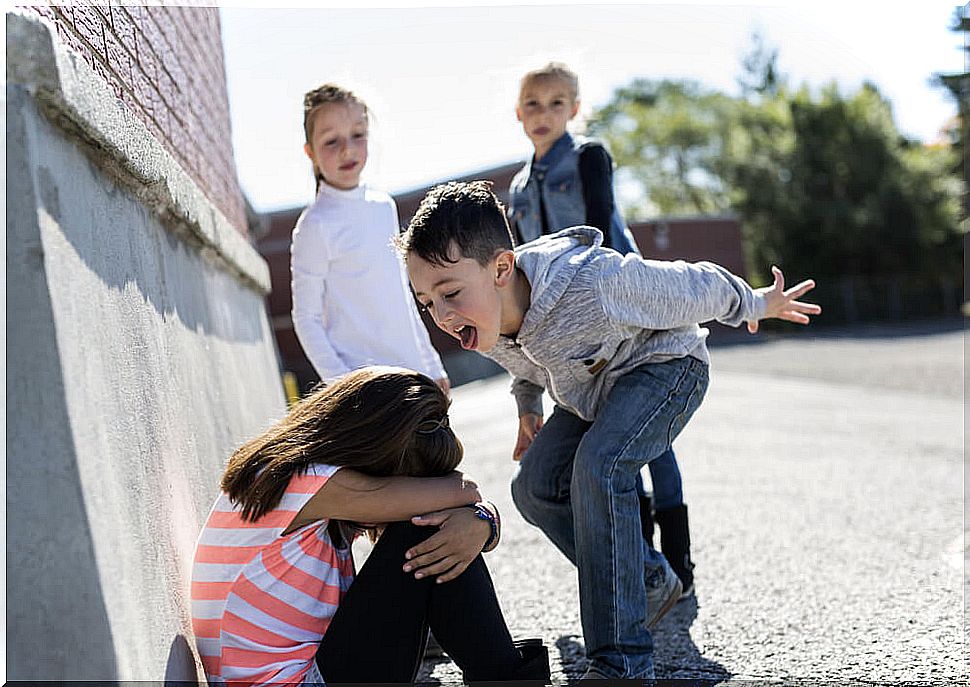
The bullying child and our failure as a society
The figure of the bullying child is, in a way, the essence of our failure as a society. Despite the fact that the term ‘bullying’ emerged in the 80s, in reality, violence in the classroom has always existed. However, today we have more means to exert such intimidation. Factors, such as new technologies, intensify (and facilitate) that the child and adolescent bully has more space to display their aggressiveness.
When we ask about the origin of this type of dynamics, based on harassment and violence between equals in educational centers, it is necessary to point out that we are facing a multifactorial reality. It is upbringing and education, it is the parental models, it is the normalization of violence, it is the centers themselves without effective prevention mechanisms, without tools for action, and they are also those students who see bullying and it on a daily basis. they silence.
We could talk about many more triggers, but we are also interested in another aspect. What do you do with the bullying child? Here, we fail again as a society. The classic strategy of focusing on punishing the harasser and supporting the harassed falls short. We need greater strategies, better approaches and more practical sensitivities for both the victim and the perpetrator of violence in all its forms.
Failure to do it well, or simply leaving the harassed aside and the harasser forgotten, can have significant consequences.
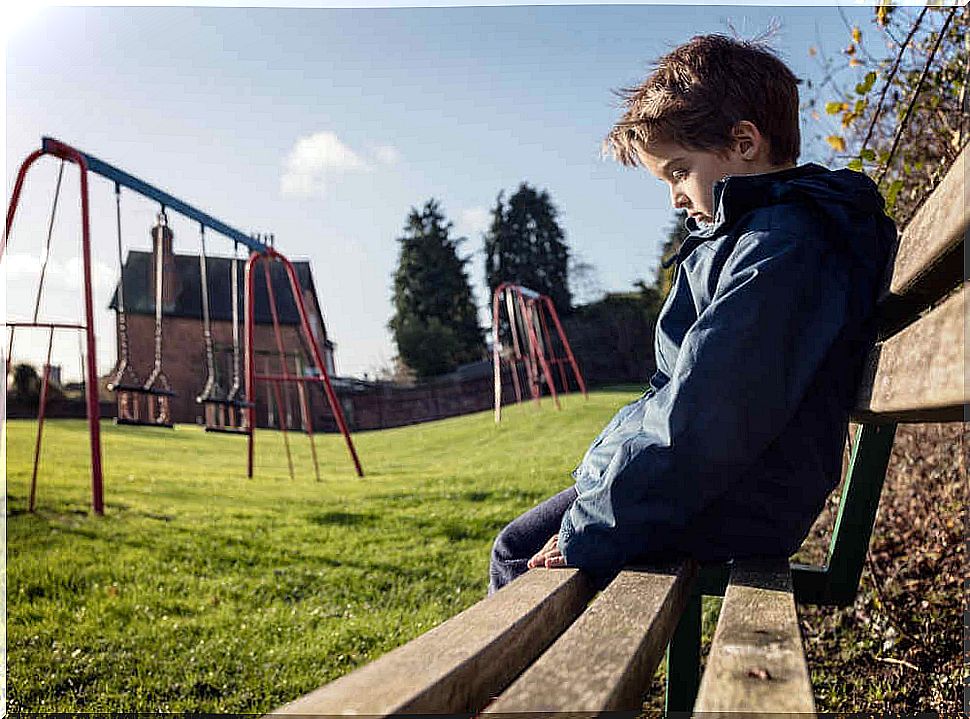
The bullying child can become a violent and narcissistic adult
In the classrooms we have bully girls and boys who act as early high school bullies. Some act alone and others in groups, but almost always have the support of a close group and, in turn, with the law of silence of those who witness the abuse and do not report it. Be that as it may, the center of power falls on an individual who from very early on points to a very specific profile.
- Doctors Effrosyni Mitsopouy Theodoros Giovalias, from the University of Athens, conducted a study in 2015 to understand what personality factors can explain bullying in children and adolescents.
- This work revealed that the most evident thing was the lack of empathy, both affective and cognitive. The stalker is unable to put himself in the victim’s shoes. Their only goal is to humiliate and gain power and reinforcement with that daily practice.
- In turn, behind these children there is a notable lack of self-esteem, a clear inability to manage adverse emotions, as well as the refusal to take responsibility for their own actions.
- They are also children and adolescents with very rigid thinking, they only take into account their own personal positions and perspectives.
- Likewise, something that was also evident in this study is that they are children who have completely normalized violence. It is their instrument and they use it daily. That is also the language they use with them at home, it is what they see in their homes and it is also the escape valve they use to vent their frustration.
The bullying child and the narcissistic adult of tomorrow
In 2013, Holly M. Baughman Sylvia Dearing, Ph.D. from the Department of Psychology at the University of Western Ontario, Canada, discovered something striking. The bullying child ends up in many cases, outlining in adulthood what is known as the dark triad. What does this mean?
The dark triad refers to those personality patterns where someone scores high in three very specific dimensions: narcissism, Machiavellianism and psychopathy. The most characteristic factors or traits that appear in these adult ages are the following:
- Emotional instability.
- Impulsiveness.
- Need to be the center of attention.
- They are skillful and cold manipulators.
- They need to have control over others and exercise power.
- The narcissism and lack of empathy that was already visible in childhood and adolescence, manifests itself more clearly in adulthood.
- Antisocial behavior in many cases.
- Lack of remorse when they carry out abusive or negative behavior towards other people.
Conclusions
We are a society that often flies banners by defining itself as mature, empathetic, judicious, and balanced. However, it is enough to scratch the surface a bit and go to more private settings to see that this is not always the case. The data tell us that bullies are getting younger every day and what is worse, more aggressive.
We have seven-year-olds who are already bullying their peers. When they reach adolescence, a good part of those who do not practice bullying have learned to be accomplices, to observe, laugh, silence and share the suffering of the victims on the networks. By reaching adulthood these behavior and personality patterns have completely normalized.
Looking to the future is also everyone’s responsibility. Tomorrow the bullying child may be a narcissistic and empathetic manager running a business. It can also be our partner or even that neighbor who mistreats his family in the privacy of his home.
Let us think about it and generate changes, let us be more aware of this reality, because if bullying has the face of a child today, tomorrow it will be an adult who has learned to use violence as a way of life.




